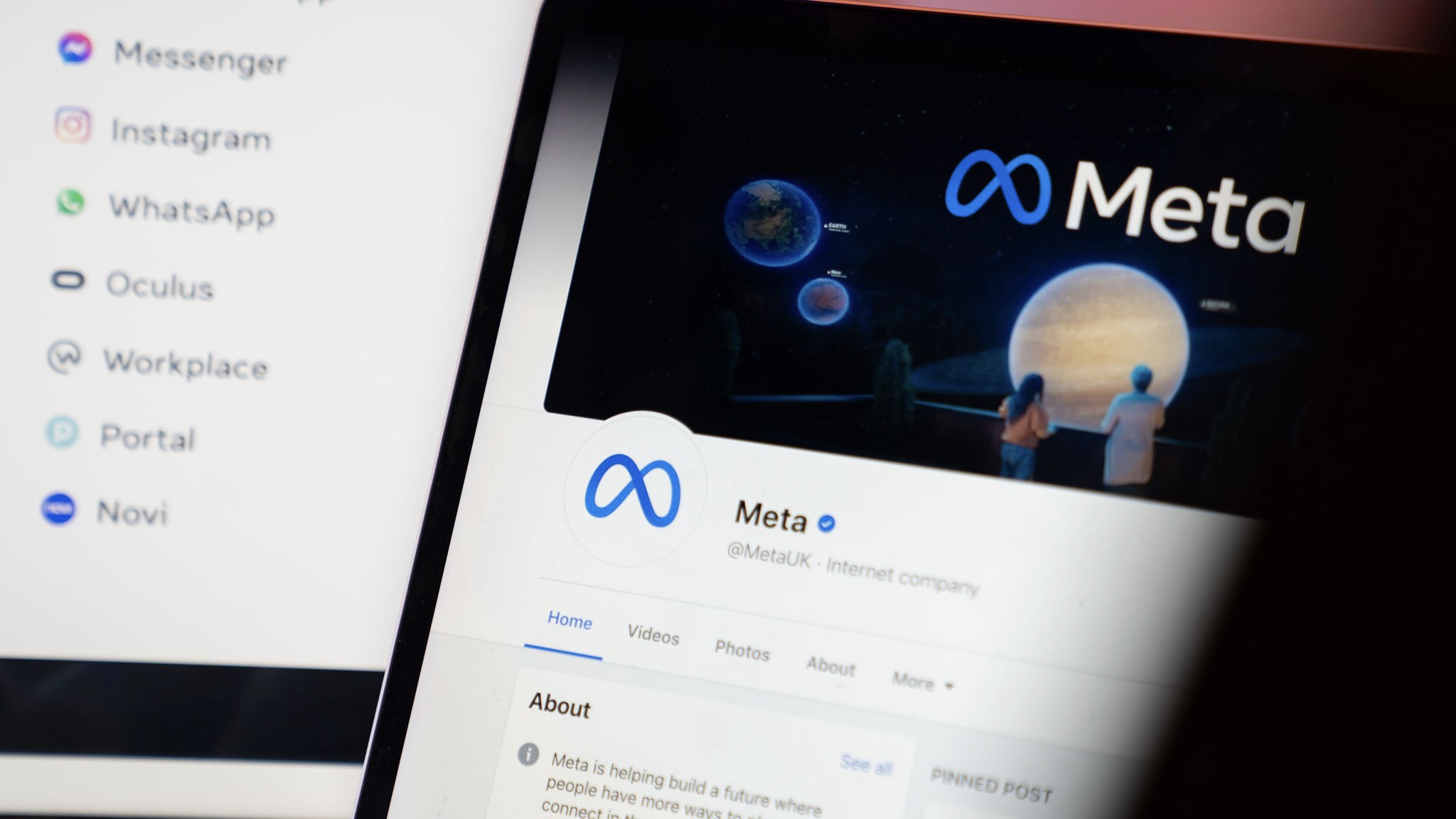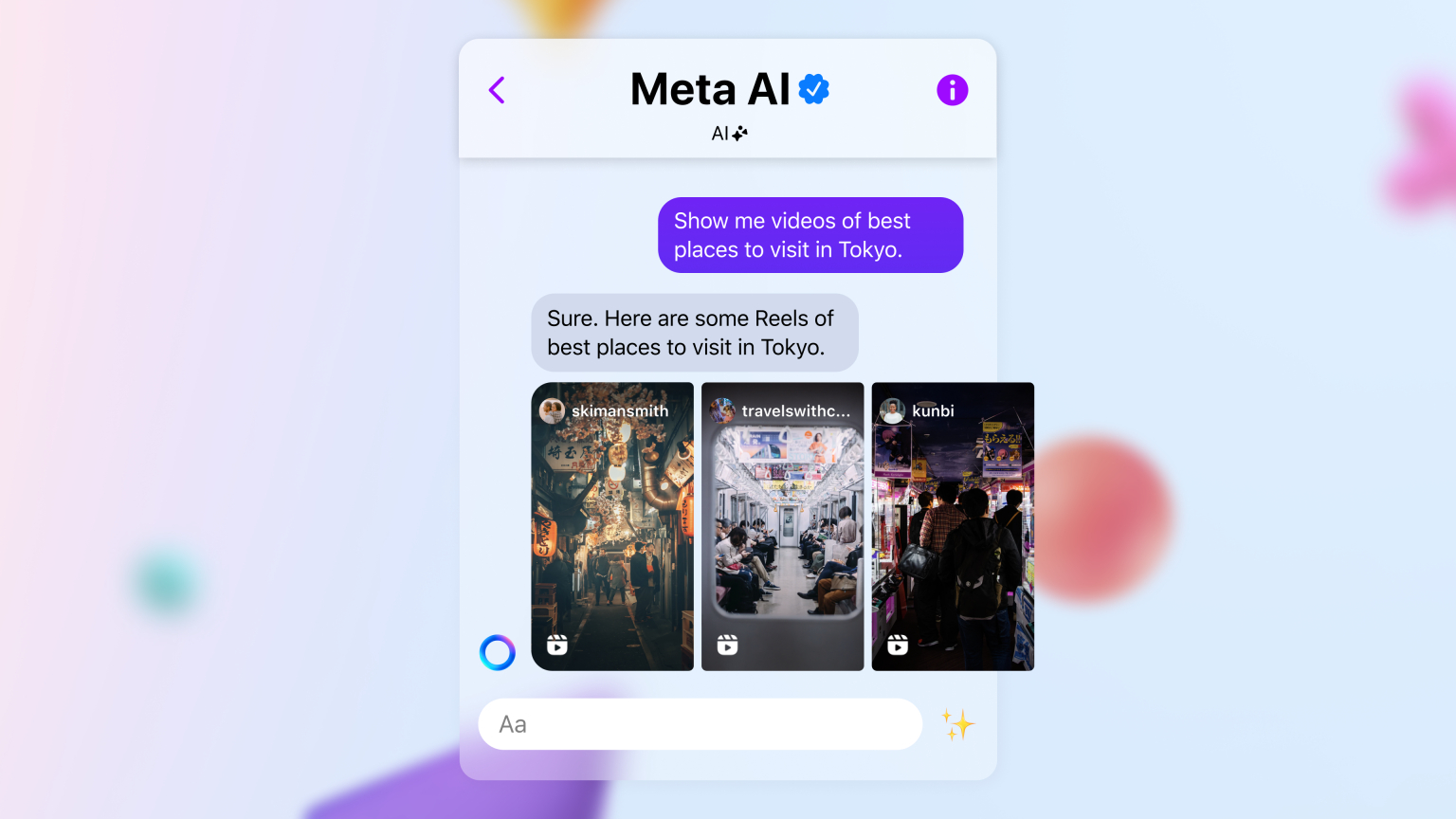
What You Need to Know
- Meta’s roadmap extends into 2026 and is focused on developing an AI model that can power all of video.
- Users who enjoyed something in Reels would then see more of that content within their Feed.
- The company is working to scale the models with the right hardware and data support.
The AI revolution is in full force, and Meta, the parent company behind Facebook and Instagram, is putting even more effort and resources into the technological powerhouse.
As first reported by CNBC, the tech giant is increasing its efforts when it comes to generative AI. In a wide-ranging conversation at Morgan Stanley’s tech conference in San Francisco, Tom Alison, head of Facebook, noted that Meta’s roadmap extends into 2026 and is focused on developing an AI model that can power all of video, including Reels and longer published forms of content.
Currently, Meta has relied on an AI model for each of its individual products. In that vein, Reels, Groups, and the Home Feed each had its own unique recommendations. The goal moving forward, per Alison, is to move from a per-product model to an entire ecosystem while also making user recommendations more engaging.
“So, for example, instead of just powering Reels, we’re working on a project to power our entire video ecosystem with this single model,” Alison said, per a transcript obtained by Android Central. “And then, can we add our Feed recommendations product to also be served by this model?”

According to Alison, Reels make up a third of total watch time on Facebook, which means two-thirds is based on the social media company’s existing profile. A unified approach that is more modern would then pay dividends for both the user and the company.
Still, there is a lot to work through, both technologically and for users. “Now, look, all of this also requires a bunch of kind of hardware investments and planning,” Alison noted. “So, in addition to this, we’re kind of, frankly, reconfiguring data centers, figuring out how to wire more GPUs together.”
To that end, Alison says the company is working to scale the models with the right hardware and data support due, in part, to having to analyze the interactions of billions of users. Presently, Facebook has over 3 billion active users, which means a lot of processing. Additionally, there are ad considerations to work through, according to Alison, as well as general user behavior.
That big plan is just one small part of Meta’s overall goals when it comes to AI. The company is also looking to enhance its chatbot assistant so that it may work in tandem with its increased recommendations and improve responsiveness.
In a use case by Alison, a user who was recommended content about Taylor Swift could then utilize the Meta Assistant to find out when her next tour date is rather than wait for a commenter to answer the question or to jump off the platform to search it.
In another case example involving Groups, a user could rely on Meta AI to answer a baking-related question sooner than a commenter would. Eventually, the AI could send previous posts related to the user’s question for the user to read, and users could additionally interact with the AI.
All of this is to say that Meta is hoping that AI can continue to further engage users and make its platforms a one-stop show for entertainment, connectivity, and information.







